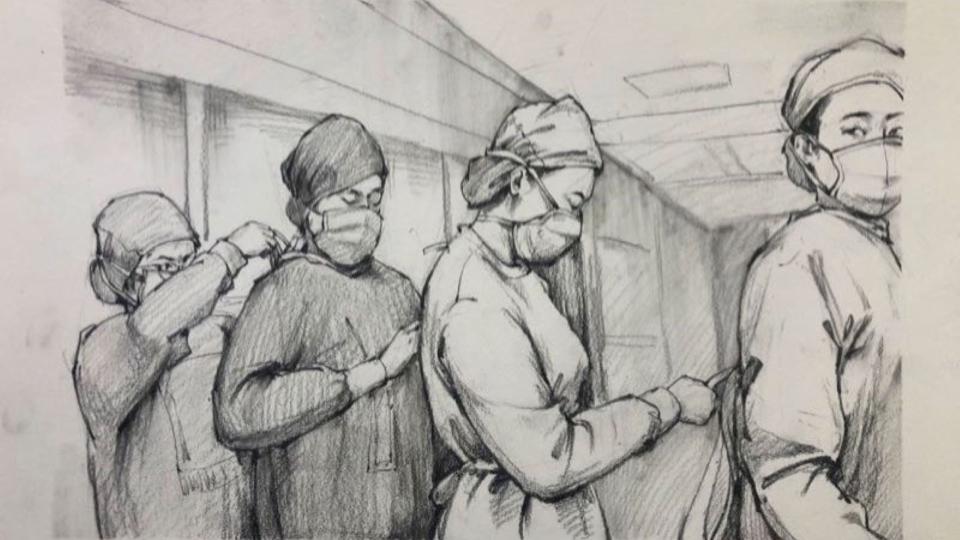Success of mass COVID-19 vaccination programmes will depend on frontline nurses and nurse leaders at the highest level of government

International Council of Nurses (ICN) calls on governments to ensure nursing leaders are at the heart of the planning and delivery of any proposed mass vaccination programmes. This will safeguard the equitable and effective distribution and administration of vaccines, once they are available.
ICN welcomes recent encouraging news from the third phase of a large vaccine study, and once a vaccine is available, we look forward to the start of mass vaccination programmes. However, the delivery of the planned 2 billion doses by the end of 2021 will depend largely on the world’s healthcare workforce, including 27 million nurses, who have been stretched to breaking point by the pandemic.
ICN Chief Executive Officer Howard Catton said:
“It is great news that a vaccination may soon be available: it gives hope to billions of people that the nightmare of this pandemic will be brought under control. But a successful vaccination programme is so much more than just a quick jab in the arm, and the huge and unprecedented task of vaccinating the people of the world is the public health equivalent of landing someone on the moon.
‘Health organisations and governments must recognise the scale of this task and do whatever it takes to ensure their staff have the support they need, and one way to ensure that happens is to have senior nurse leaders in the management teams controlling the vaccination response in every county, right up to government level.”
ICN believes mass vaccination programmes will face a number of obstacles that only experienced nurses can help to overcome. These include:
- A lack of trust and confidence in vaccines among some members of the public
- Accessing hard to reach groups
- Socioeconomic factors preventing some people from accessing immunisation services
- The fact that some jurisdictions are not enabling nurses to work autonomously and to their full scope of practice
- The need to provide holistic care, rather than just vaccine clinics.
Mr Catton continued:
“ICN’s report on the role of nurses in immunisation showed that they are central to the delivery of vaccinations right around the world, but vaccination programmes on this scale require the input of nurse leaders from the outset to ensure they are properly planned, managed and monitored, and that they provide equitable and effective outcomes.
‘The majority of staff administering the vaccines and giving advice will be nurses, but they are already hugely overstretched by the demands of the second wave of the virus, and by their levels of infection and illness, which remain worryingly high. ICN data and recent research reported in the British Medical Journal show the high risk of patient-facing healthcare staff to COVID-19: they must be prioritised for the vaccine so they can be in a position to deliver on the promise of the vaccine and in order to protect the health systems in which they work.”
“ICN has no doubt that nurses and their healthcare worker colleagues are committed to carrying out the vaccination process with the same courage and commitment that they have shown throughout the entire pandemic. It is up to governments to make sure they have the support they need to complete the task.”
Download the press release here
Image credit: Gu Jinghan